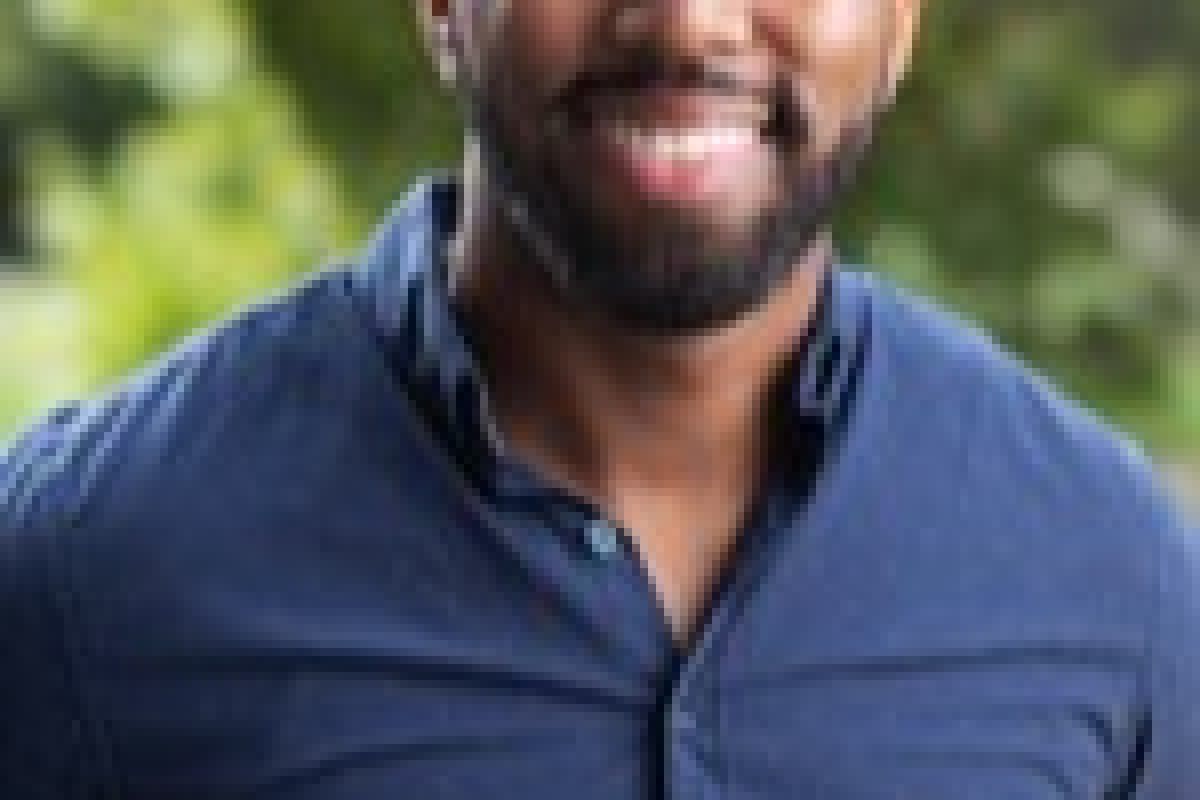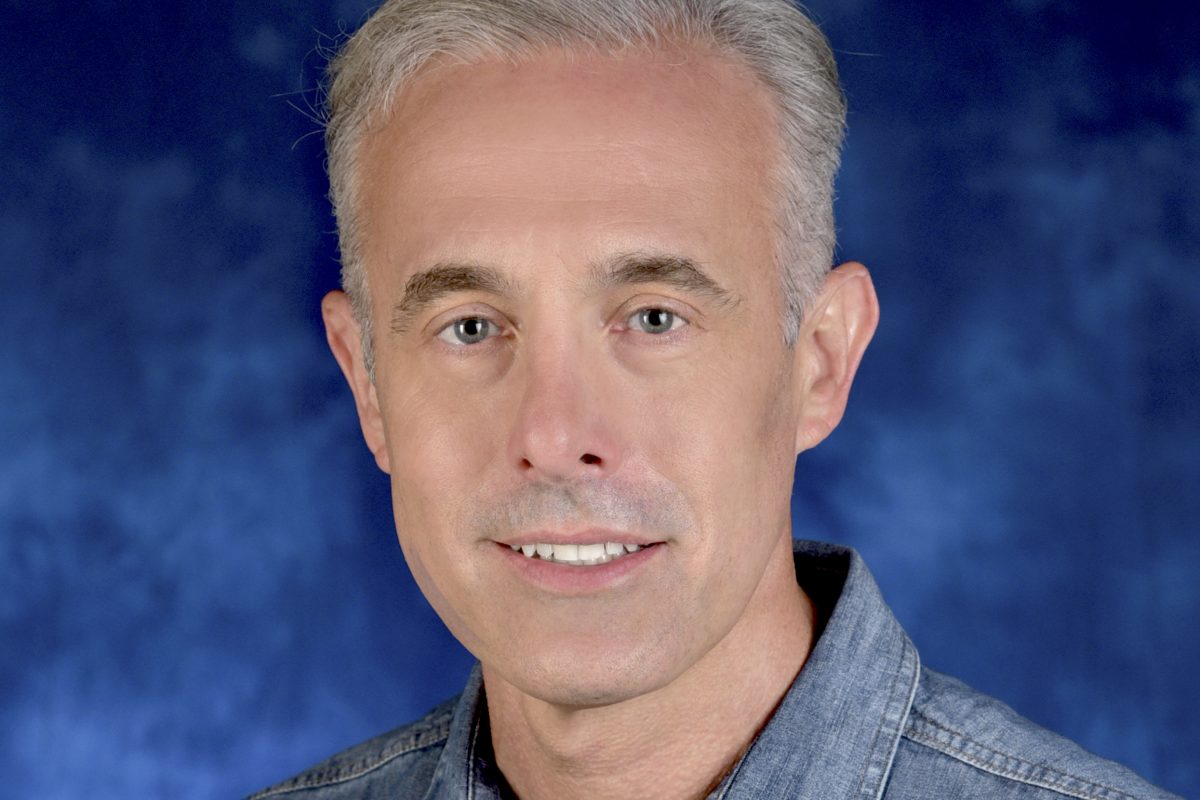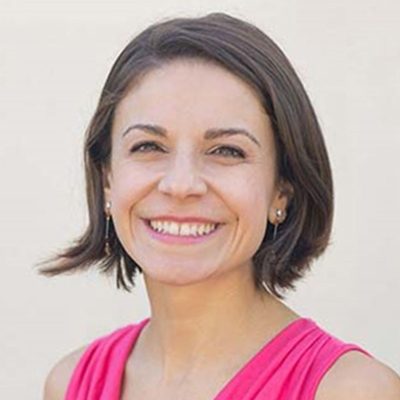Director, Fuster Laboratory for Cognitive Neuroscience
Publications
A selected list of publications:
Laura A DeNardo, Cindy D Liu, William E Allen, Eliza L Adams, Drew Friedmann, Ehsan Dadgar-Kiani, Lisa Fu, Casey J Guenthner, Jin Hyung Lee, Marc Tessier-Lavigne, Liqun Luo Temporal Evolution of Cortical Ensembles Promoting Remote Memory Retrieval , 2018; .
Berns Dominic S, DeNardo Laura A, Pederick Daniel T, Luo Liqun Teneurin-3 controls topographic circuit assembly in the hippocampus Nature, 2018; 554(7692): 328-333.
Savas Jeffrey N, Wang Yi-Zhi, DeNardo Laura A, Martinez-Bartolome Salvador, McClatchy Daniel B, Hark Timothy J, Shanks Natalie F, Cozzolino Kira A, Lavallée-Adam Mathieu, Smukowski Samuel N, Park Sung Kyu, Kelly Jeffery W, Koo Edward H, Nakagawa Terunaga, Masliah Eliezer, Ghosh Anirvan, Yates John R Amyloid Accumulation Drives Proteome-wide Alterations in Mouse Models of Alzheimer’s Disease-like Pathology Cell reports, 2017; 21(9): 2614-2627.
Allen William E, DeNardo Laura A, Chen Michael Z, Liu Cindy D, Loh Kyle M, Fenno Lief E, Ramakrishnan Charu, Deisseroth Karl, Luo Liqun Thirst-associated preoptic neurons encode an aversive motivational drive Science (New York, N.Y.), 2017; 357(6356): 1149-1155.
DeNardo Laura, Luo Liqun Genetic strategies to access activated neurons Current opinion in neurobiology, 2017; 45(6356): 121-129.
Savas JN, Ribeiro LF, Wierda KD, Wright R, DeNardo-Wilke LA, Chamma I, Wang Yi-Zhi, Zemla R, Lavallee- Adam M, Vennekens KM, O’Sullivan ML, Antonios JK, Hall EA, Thoumine O, Attie AD, Yates JR, Ghosh A, De Wit J The Sorting Receptor SorCS1 Regulates Trafficking of Neurexin and AMPA receptors, Neuron, 2015; 87: 764-80.
DeNardo Laura A, Berns Dominic S, DeLoach Katherine, Luo Liqun Connectivity of mouse somatosensory and prefrontal cortex examined with trans-synaptic tracing Nature neuroscience, 2015; 18(11): 1687-1697.
DeNardo Laura A, de Wit Joris, Otto-Hitt Stefanie, Ghosh Anirvan NGL-2 regulates input-specific synapse development in CA1 pyramidal neurons Neuron, 2012; 76(4): 762-75.
Wilke Scott A, Hall Benjamin J, Antonios Joseph K, Denardo Laura A, Otto Stefanie, Yuan Bo, Chen Fading, Robbins Elissa M, Tiglio Katie, Williams Megan E, Qiu Zilong, Biederer Thomas, Ghosh Anirvan NeuroD2 regulates the development of hippocampal mossy fiber synapses Neural development, 2012; 7(4): 9.





